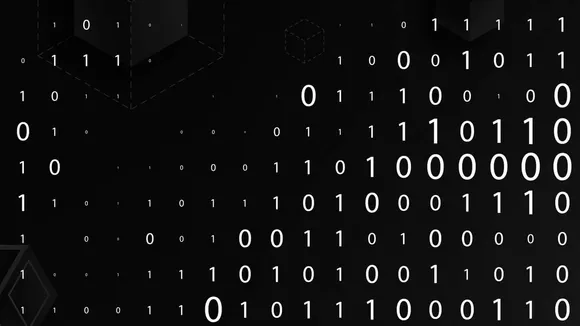
In an era where technology and humanitarian efforts increasingly intersect, blockchain technology emerges as a beacon of hope, promising to revolutionize how aid is distributed, supply chains are managed, and transparency is maintained in fund disbursements. Amidst the digital revolution, validators play an indispensable role in ensuring the integrity and security of blockchain transactions, serving as the backbone of this transformative journey. As we delve into the myriad ways blockchain can be harnessed for humanitarian purposes, it becomes clear that this technology is not just about cryptocurrencies but about fostering a world where transparency, efficiency, accountability, and trust are paramount.
The Humanitarian Potential of Blockchain
Blockchain technology, a term synonymous with cryptocurrencies like Bitcoin, holds untapped potential far beyond the realms of finance. Its application in humanitarian efforts showcases an innovative approach to solving age-old problems of aid distribution, fair trade verification, and supply chain management. By creating a decentralized and immutable ledger, blockchain ensures that every transaction or record is transparent and tamper-proof. This feature is particularly beneficial in areas where corruption or lack of trust impedes the effective distribution of aid. In such scenarios, blockchain can guarantee that help reaches its intended recipients without diversion. Similarly, in the realm of fair trade, blockchain can verify the authenticity and ethical sourcing of products, ensuring producers receive fair compensation for their labor.
Validators: The Guardians of Blockchain Integrity
At the heart of blockchain’s functionality are validators, individuals or entities responsible for verifying transactions and adding new blocks to the chain. Unlike traditional systems, where a central authority verifies transactions, blockchain relies on a decentralized network of validators. This decentralization is crucial for maintaining the network’s security and trustworthiness. Validators use consensus mechanisms like Proof of Stake (PoS) and Proof of Authority (PoA) to agree on the validity of transactions. In PoS systems, validators are chosen based on their stake in the network, offering a more energy-efficient alternative to the Proof of Work (PoW) mechanism used in Bitcoin mining. PoA, on the other hand, relies on a group of trusted validators, ensuring quick and efficient transaction verification. Whether through mining in PoW or validating in stake-based systems, these guardians of blockchain play a critical role in maintaining the ledger’s integrity.
Setting Up a Validator Node: A Step Towards Decentralization
To become a validator and contribute to the blockchain network’s security and functionality, one must navigate a series of technical steps. The journey begins with selecting a blockchain that aligns with the individual’s values and technical capabilities. Subsequent steps involve setting up the necessary hardware, installing software, and joining the network as a validator. This process not only requires a significant investment of time and resources but also a commitment to monitoring the node and managing rewards responsibly. Despite the challenges, running a validator node offers a unique opportunity to participate in the blockchain ecosystem actively, contributing to its decentralization and security.
In conclusion, the intersection of blockchain technology and humanitarian efforts represents a paradigm shift in how aid is distributed and transparency is maintained in various endeavors. The role of validators is central to this transformation, ensuring the integrity, security, and functionality of blockchain transactions. As blockchain technology continues to evolve and find new applications in humanitarian efforts, the commitment and expertise of validators will remain invaluable. Through their contributions, the vision of a more transparent, efficient, accountable, and trustworthy system for humanitarian aid and beyond moves closer to reality.

